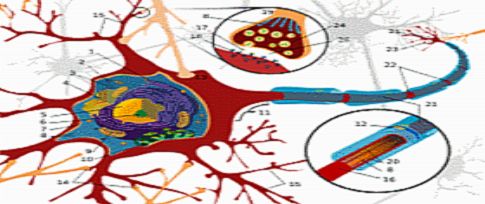New
Biomarker for Heart Failure Identified
By Labmedica
International staff writers
Blood levels of resistin, a hormone produced by fat cells, can
independently predict an individual's risk of heart failure
(HF), claims a new study.
Researchers at Emory University School of Medicine (Atlanta,
GA, USA) analyzed data garnered in the Health Aging and Body
Composition (ABC) study, which followed 3000 elderly people in
the Pittsburgh (PA, USA) and Memphis (TN, USA) areas over seven
years, starting in 1998. The researchers found that the risk of
new onset of HF increased by 38% for every 10 nanograms per
milliliter (ng/ml) increase in resistin levels in blood. In
fact, the researchers found that resistin was a stronger
predictor of heart failure risk than other inflammatory markers
linked to heart disease, such as C-reactive protein (CRP). The
study was presented at the American Heart Association (AHA)
Scientific Sessions conference, held during November 2008 in
New Orleans (LA, USA).
“This is one of the strongest predictors of new-onset heart
failure we've been able to find, and it holds up even when you
control for other biomarkers and risk factors including high
blood pressure and diabetes,” said study presenter Javed
Butler, M.D., MPH, an associate professor of medicine and
director of heart failure research at Emory. “The value of a
marker such as resistin may be in accurately identifying among
this large population of at-risk individuals who is at the
highest risk and then targeting.”
Resistin is among the hormones synthesized and released from
adipose tissue, an adipocytokine whose physiologic role has
been the subject of much controversy regarding its involvement
with obesity and type II diabetes mellitus. Resistin is also
known to participate in the inflammatory response, increasing
transcriptional events that are followed by an increased
expression of several pro-inflammatory cytokines including (but
not limited to) interleukin-1 (IL-1), interleukin-6 (IL-6),
interleukin-12 (IL-12), and tumor necrosis factor-α
(TNF-α).
| 


